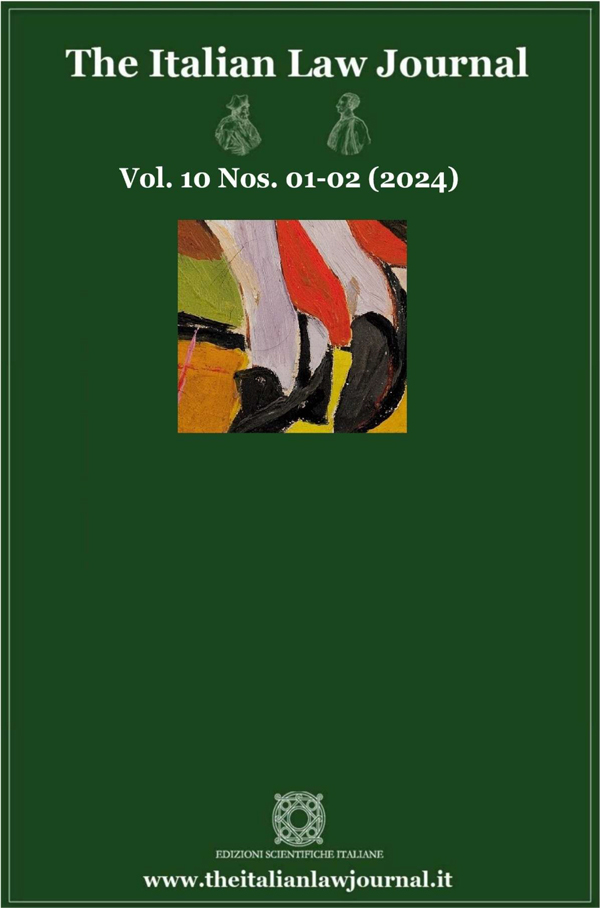6 THE ITALIAN LAW JOURNAL NO. 2 (2020) The German Right to Fiscal Stability and the Counter-Majoritarian Difficulty: The PSPP Judgment of 5 May 2020 by Francesca Bignami The PSPP litigation involved the European Central Bank’s (ECB’s) Public Sector Purchase Programme for the purchase of government bonds on the secondary market with the aim, among others, of combating deflation. Although the Court of Justice of the EU (CJEU) found the PSPP lawful, the German Federal Constitutional Court (FCC) disagreed: On May 5, 2020, the FCC held that the CJEU’s judgment was not binding in Germany and that the PSPP was unlawful and required further ECB action to bring it into compliance with German law. DOI 10.23815/2421-2156.ITALJ ISSN 2421-2156
This article contributes to the growing scholarship on the PSPP litigation by analyzing the CJEU and FCC judgments as examples of what I call the ‘ordinary politics’ of constitutional adjudication—defending constitutional rights and principles while at the same time respecting the constitutional prerogatives of the political branches and successfully navigating the ‘counter-majoritarian difficulty’. Based on a careful analysis of the CJEU’s and FCC’s jurisprudential trajectories in the domain of economic and monetary policy, I argue that the FCC’s PSPP judgment is particularly counter-majoritarian. Over the past ten years, the FCC has fashioned, seemingly whole cloth, what I call a ‘right to fiscal stability’ and this right imposes additional procedural hurdles on the German government domestically that tip the scales in favor of EU austerity politics. My counter-majoritarian argument applies not only to judicial interference with decisions of German elected officials to participate in EU bailout funds; It also applies to judicial interference with the bond-buying programs (eg PSPP) of European central bankers, who enjoy their own form of accountability and legitimacy in the EU and global financial systems. Indeed, because of the decline of the traditional parties of the center-right and the center-left and the fragmentation of the political spectrum, contemporary German politics have become especially vulnerable to this destabilizing, austerity-inducing effect of constitutional law. In response to the pandemic-induced economic crisis, there have emerged a number of promising policy experiments in EU-wide solidarity, supported by the German government as well as the vast majority of Member States. For German constitutional law to operate as a potential barrier to greater EU economic solidarity, above and beyond the incredibly contentious politics, appears to be a particularly acute form of counter-majoritarianism that calls for jurisprudential recalibration.




























